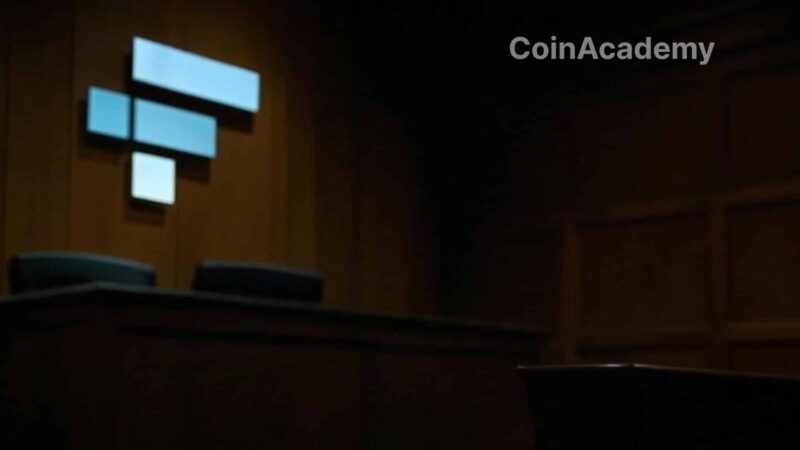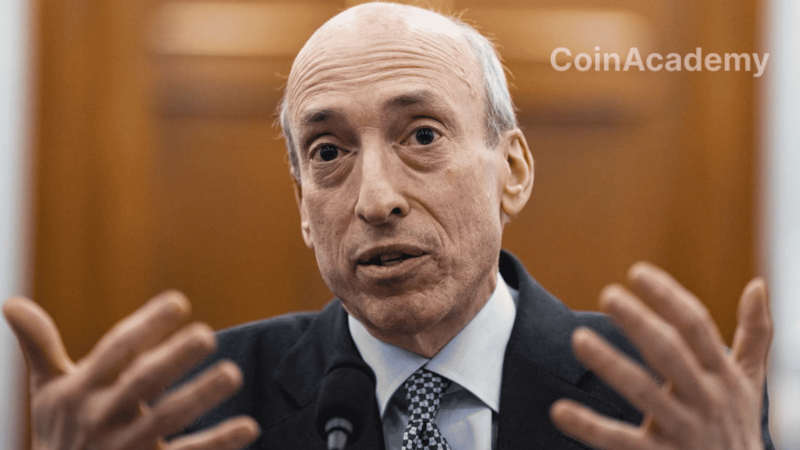Shin Defends Himself in Terraform Collapse Trial
- Contested Responsibility: Shin Hyun-Seong, also known as Daniel Shin, denies his involvement in the Terraform Labs debacle, attributing the collapse to protocol management errors and actions taken by his former collaborator, Do Kwon.
- Pre-Crisis Departure: Shin claims to have left Terraform Labs in 2020 for professional reasons long before the Terra/Luna ecosystem crisis became evident.
- Complicated Legal Context: Shin’s defense argues that American laws, such as those invoked in the SEC’s case against Ripple, do not apply in South Korea and that virtual assets were not considered regulated financial products at the time Terraform was established.
The Legality of Cryptocurrencies at the Heart of the Debate
The Southern District Court of Seoul has become the setting for a highly-publicized trial between Shin Hyun-Seong and South Korean judicial authorities. In this complex trial where payment technology and financial regulations intertwine, Shin points fingers at the Anchor protocol’s operation and the actions of his former partner to explain the collapse of the Terra/Luna ecosystem.
The cause of Terra’s collapse lies in the unreasonable operation of the Anchor protocol and the external attacks carried out by Do-hyung Kwon after the split. This has nothing to do with the defendant.
Daniel Shin’s Lawyer
Shin, who left Terraform Labs to focus on his company Chai, asserts that Do Kwon’s decisions and actions following their separation are the true causes of Terraform’s downfall. Shin’s defense attorneys insist that their client could not anticipate or control fluctuations in the value of LUNA.
The discord extends to the very foundations of cryptocurrency regulations, with the prosecution citing the precedent of the Ripple case in the United States to establish an analogy contested by the defense. Shin, who is present in South Korea unlike Kwon, faces serious charges but maintains a defense focused on jurisdictional distinctions and the non-retroactivity of laws regarding financial products.




